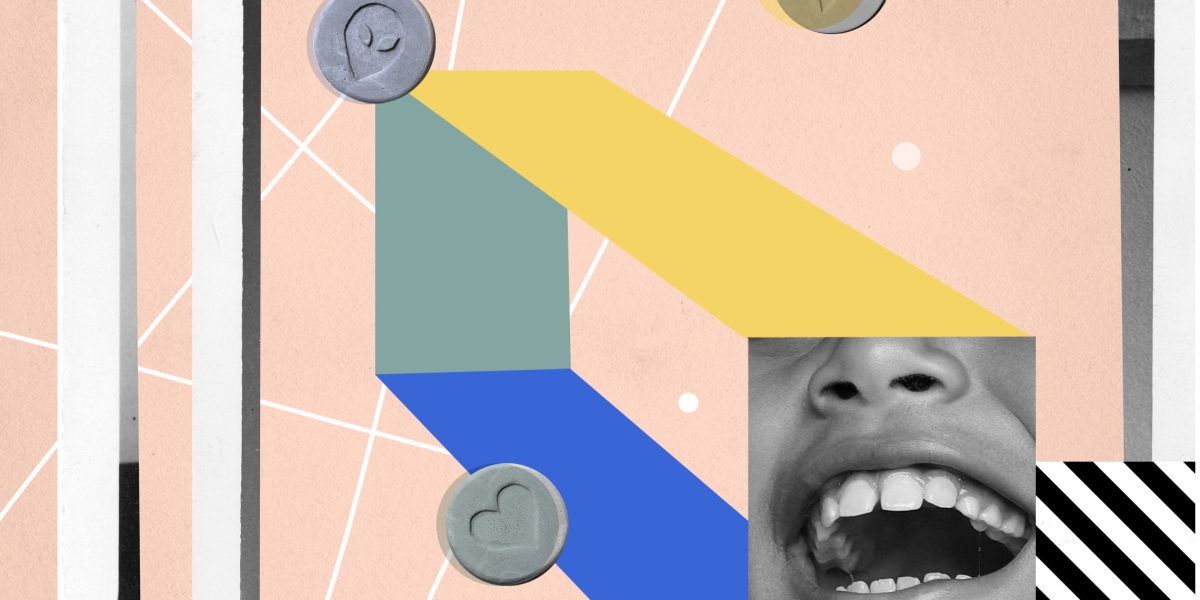[ad_1]
“I never felt really happy no matter what happened in my life,” he says. “I have always felt anxiety, always felt this hidden heaviness. It’s just that something in my head didn’t connect. It’s like someone pulled the cable and pulled it out of the socket, and I was trying to put it back in. “
Eventually, Nathan heard about a study that tested the use of MDMA to treat severe PTSD, and he managed to get into a Phase 3 clinical trial, the last hurdle before US regulators decide whether to approve the therapy.
MDMA is a synthetic psychoactive substance with a reputation as a party drug popular with clubbers – you may know it as ecstasy, E, or molly. It causes the brain to release large amounts of the euphoric chemical serotonin, but it has also been found to reduce the activity of the brain’s limbic system, which controls our emotional responses. It appears to help people with PTSD return to their traumatic experiences during therapy without succumbing to strong emotions such as fear, embarrassment, or sadness.
To test this theory, the Interdisciplinary Association for Psychedelic Research, a California-based non-profit organization, set up a randomized, double-blind study in which Nathan participated. Participants attended three eight-hour sessions during which they were given either a placebo. or two doses of MDMA before discussing your concerns and consulting with two qualified therapists.
In May 2021, the results of the study were published in the journal Nature Medicine. They were exciting. Of the 90 patients who participated, those who took MDMA reported significantly better results than the rest. Two months after treatment, 67% of participants in the MDMA group no longer suffered from PTSD, compared with 32% in the placebo group.
I see life as a thing to be explored and appreciated, not as something to be endured.
Nathan McGee
Ben Sessa, a British researcher who helped open the country’s first psychedelic therapy clinic in Bristol, says the FDA may approve MDMA-based psychotherapy for PTSD by the end of 2023.
Other trials are underway in the US, UK and beyond to see if compounds such as psilocybin and ketamine can be used in a similar way to treat mental illness. The first signs are positive, and if confirmed, they could turn the world of mental illness treatment upside down.
I spoke with Nathan about what it was like to be treated with MDMA. Our conversation has been condensed and edited for clarity.
Q: How did your mental health problems manifest?
A: Before I participated in the trial, I was not doing very well. Everything I have tried has gone badly. Nothing succeeded. I have tried so many different therapists and different techniques. I lost my job in January 2018. It was frustrating and I used to lose my job, but this time it was different. I decided that if it was caused by my mental health, I would fix it. I will do whatever it takes. If my therapist told me that I should strip naked and walk through a crowded mall, and that would help me, I would.
Q: How did you hear about this study?
A: I was just in a nightly rabbit hole on the Internet. I have been researching PTSD for several hours and came across this study. I thought I could just apply. I didn’t think about it. In fact, I forgot about it later. I didn’t even tell my wife. Then, two months later, they called me and asked if they could interview me.
Q: Tell me what the sessions were like.
A: When you get there, it really looks like an office building. From the outside, you will never know that there is a group of people taking MDMA internally. But you walk through and find yourself in a treatment room, where there is a sofa, bedding, blankets and a pillow. Music plays and it is an integral part of the whole experience. It is very calming. It almost looks like a spa. A lot of sunlight penetrates into it, and through the window you can see the trees and the canal. It’s very peaceful. Then two therapists walk in. They check your vital organs – temperature, blood pressure, heart rate, and so on. They chat a little with you about what you hope to get from today’s experience. And then they do this little ceremony or ritual where they light a candle to show that everything is starting. It almost feels like a religious or spiritual experience. They light a candle, and then one of the therapists goes and comes back with a small plate with a pill on it. They serve you a cup of water, you drink the water and swallow a pill, and then you just sit and wait. You chat while you wait.
At one point, I said, “I don’t think this is MDMA.” I had never taken anything like this before, and to be honest, I was a little nervous. They don’t tell you if you have MDMA or not, but the head therapist told me that almost everyone knows. Almost as soon as I said I didn’t think I accepted it, it worked. I mean, I knew.
[ad_2]
Source link



